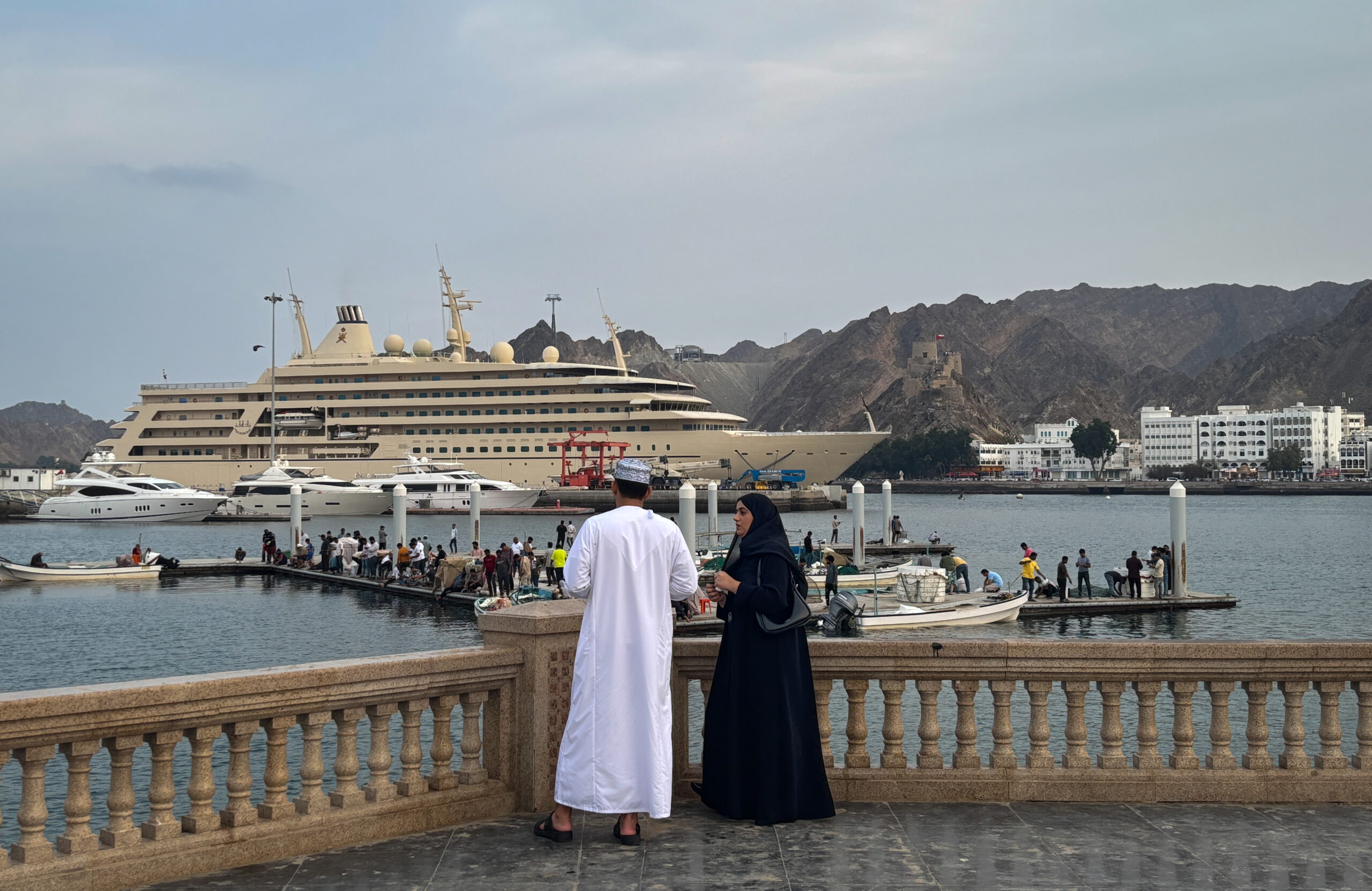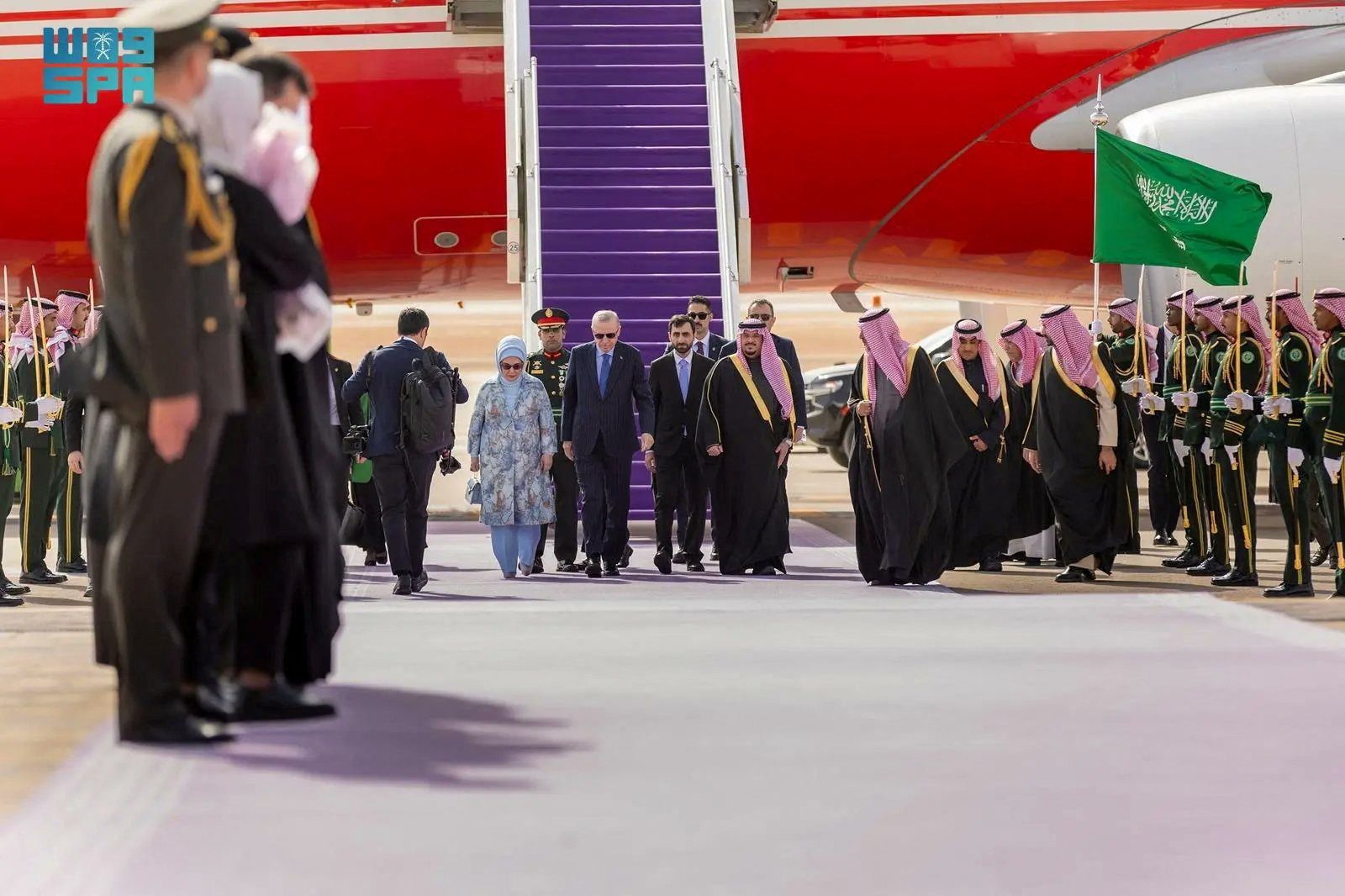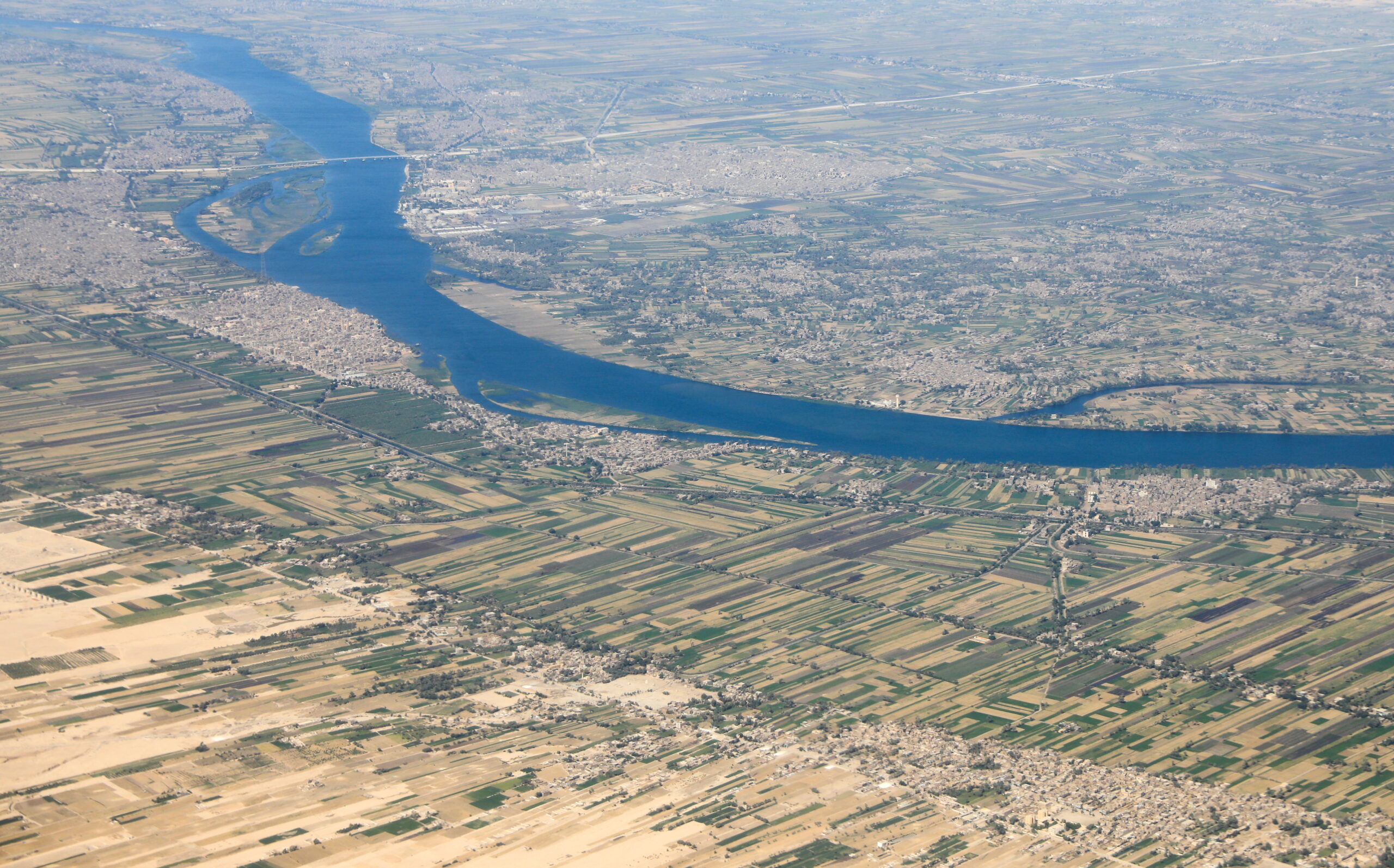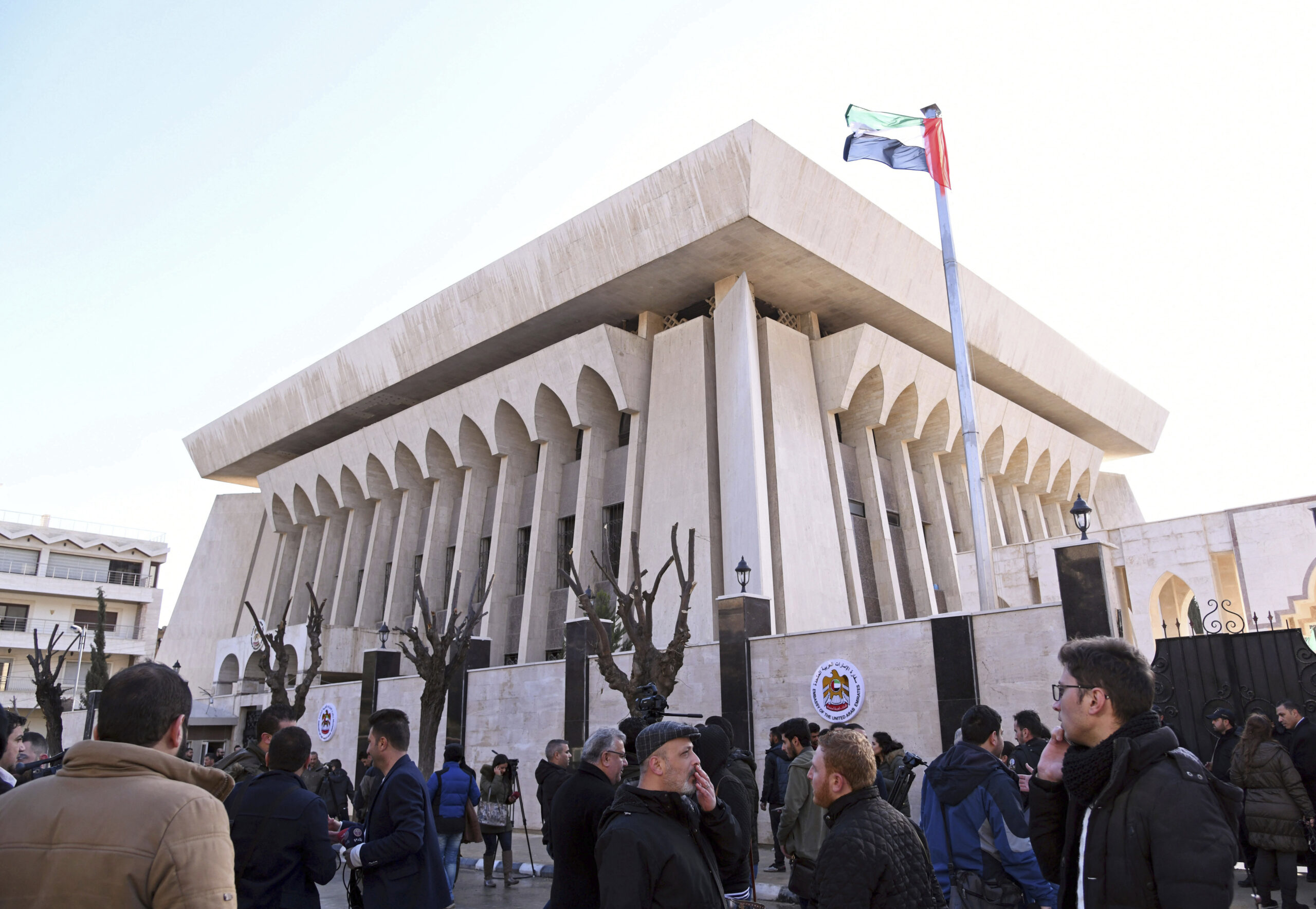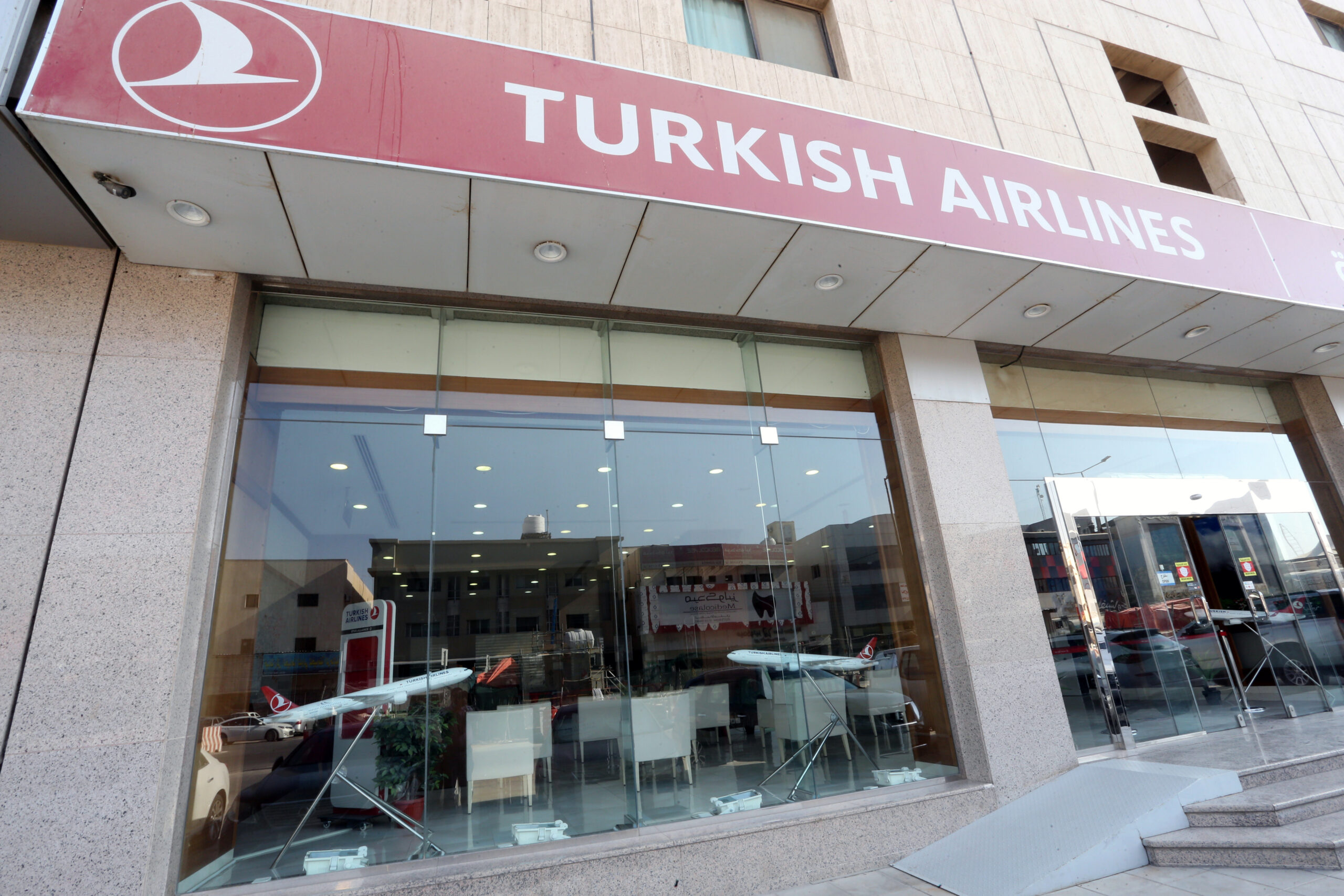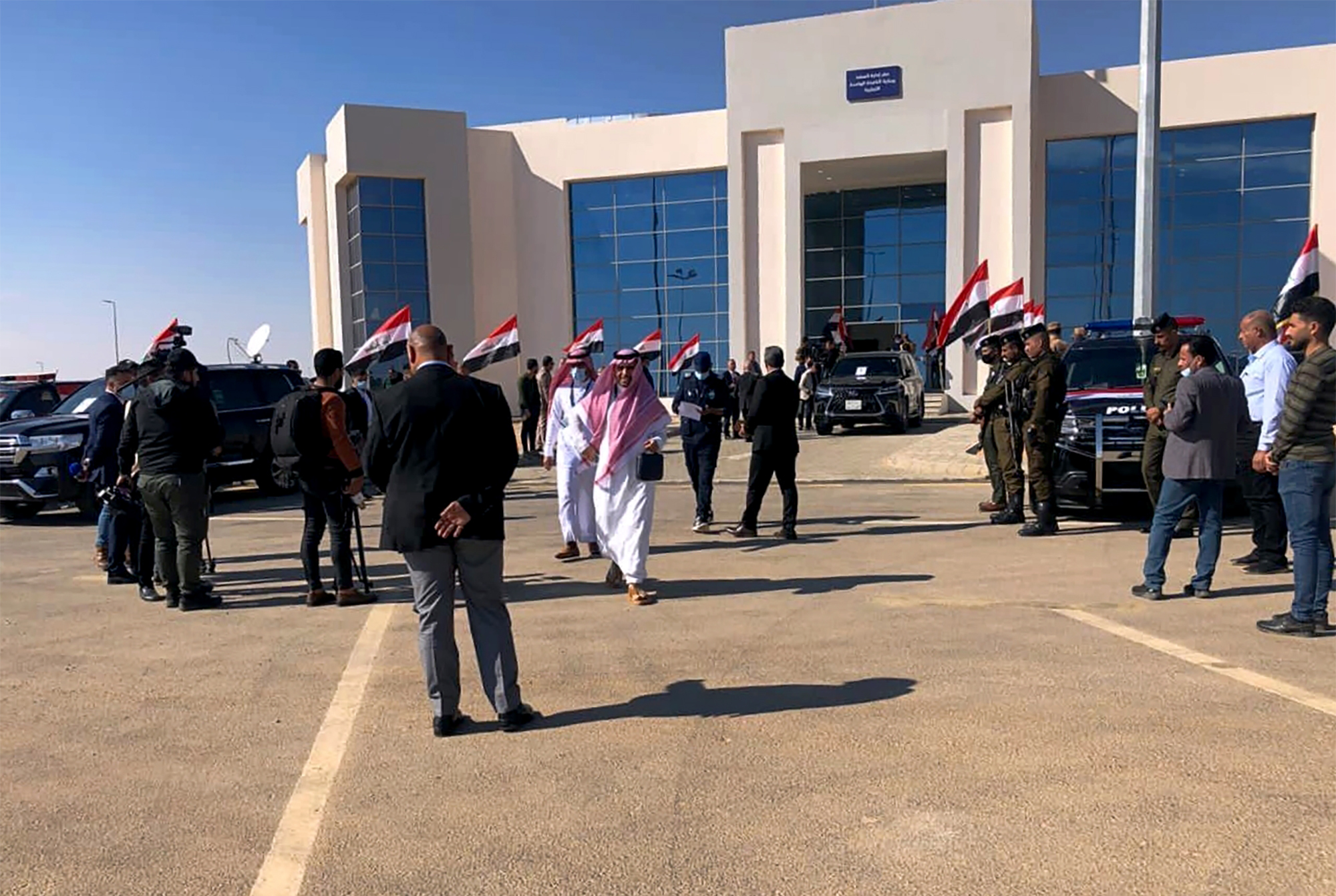
After nearly 30 years of strained relations, with limited improvements only registered in more recent years, Saudi-Iraqi ties seem to be showing fresh progress. This trajectory of improvement, apparent as far back as 2016 in political developments, such as the reopening of the Saudi Embassy in Baghdad, is most recently evident in economic initiatives, including opening the Arar border crossing for trade and investment in November 2020. As Saudi Arabia attempts to increase its influence in Iraq, it will have to compete against more established regional players, such as Iran and Turkey, who have long been cultivating relations with Iraq.
Saudi Arabia’s relationship with Iraq has been weak since 1990, when the two countries cut diplomatic ties following Saddam Hussein’s invasion of Kuwait. The 2003 U.S.-led invasion of Iraq, as well as Nuri al-Maliki’s designation as prime minister in 2006, increased the divide between Riyadh and Baghdad. Maliki’s government accused Saudi Arabia of backing the Islamic State in Iraq and the Levant and increasing violence in Iraq, while Saudi Arabia accused the Shia-dominated government in Iraq of discriminating against Sunnis and insisted that Maliki’s sectarian leadership isolated Iraq, enhancing Iran’s influence. These developments caused a large gap in official engagements that only began to change in 2014 when Haider al-Abadi was appointed Iraq’s prime minister. Saudi Arabia considered Abadi a more inclusive politician and the kingdom saw this political development as an opportunity to gain greater influence over Iraq. And in 2017, Abadi visited Riyadh and met with King Salman bin Abdulaziz.
The Saudi decision in 2016 to reopen its embassy in Baghdad helped pave the way for Abadi’s visit. Saudi Arabia intensified attempts to mend relations with Iraq in an effort to counter Iranian influence, cement its regional leadership position, and strengthen its economy. In addition to official visits between both countries, Saudi leaders worked to establish the Iraqi-Saudi Joint Coordination Council in 2017, pledged $1 billion to the construction of a sports city in Baghdad in 2018, signed 13 memorandums of understanding and bilateral agreements in 2019, and – in a key development in 2020 – opened the Arar border crossing between Iraq and Saudi Arabia. The $69 million Arar project consists of a nearly 150-mile road that will increase connectivity and mobility between both countries, provide job opportunities, and help facilitate future trade and investment.
 Despite these efforts, Saudi Arabia’s economic influence in Iraq is modest compared to that of both Turkey and Iran. While the value of the kingdom’s exports to Iraq grew from $23 million in 2000 to $651 million in 2018, this is still much less in comparison to the other two countries.
Despite these efforts, Saudi Arabia’s economic influence in Iraq is modest compared to that of both Turkey and Iran. While the value of the kingdom’s exports to Iraq grew from $23 million in 2000 to $651 million in 2018, this is still much less in comparison to the other two countries.
After the 2003 U.S.-led invasion of Iraq and Saddam Hussein’s removal from power, Iran’s economic influence in Iraq grew significantly. Trade between Iran and Iraq increased from $96 million in 2000 to $8.9 billion in 2018, according to U.N. Comtrade. Iraq’s proximity to Iran makes Iraq an ideal market. Even when the United States reimposed sanctions on Iran in 2018 after the administration of former President Donald J. Trump pulled out of the 2015 Joint Comprehensive Plan of Action nuclear deal, Iraq remained one of Iran’s top trading partners, having received waivers on secondary sanctions. In 2018 Iraq was Iran’s second largest customer after China, and 9.3% of Iran’s total exports went to Iraq. Iran also established a free trade zone at its border with Iraq in 2018.
Iraq heavily relies on Iran for energy, as 30% to 40% of its power supply comes from Iranian natural gas and electricity. The United States has issued a waiver to Iraq to allow it to import electricity from Iran until April 2021.

Source: UN Comtrade. The lack of data on exports from Iran to Iraq in 2007, 2008, and 2009 is possibly due to the sanctions at the time.
Turkey is an often-overlooked economic actor when considering Saudi-Iranian trade competition in Iraq. Iraq has been critical to Turkey’s economic development and is currently its third largest export market, with the value of exports totaling $9.13 billion in 2020. Turkey is interested in maintaining a stable and secure Iraq to expand economic ties but also as it concerns navigating its engagement with the Kurdistan Regional Government. Political tension between the two governments stems from Turkey’s insistence that talk of autonomy or independence for Iraq’s Kurdish region could be viewed as a national threat that could affect its own Kurdish population. Nonetheless, the Kurdistan Regional Government was Turkey’s sixth largest export market in 2011 with the value of exports totaling $5.1 billion and its third largest export market in 2013.
Turkey’s main exports to Iraq are manufactured goods, such as machinery and transportation equipment, which made up 31% of total exports in 2017. The two countries created the High-Level Strategic Cooperation Council in 2008 in Baghdad to further develop economic relations, and, during the first meeting in 2009, 48 memorandums of understanding were signed between Turkey and Iraq.
Saudi Arabia’s economic engagement with Iraq seems promising for both countries, and Prime Minister Mustafa al-Kadhimi’s government is welcoming this engagement with open arms. Nonetheless, other powerful regional actors, such as Iran and Turkey, are deeply embedded within the Iraqi economy and remain strong competitors for Saudi Arabia.
Given that economic competition, bolstered as it is by huge head starts in investment and trade, and fueled by regionwide jockeying for political influence among these three regional powers, it will take time, increased investment, and sustained diplomatic engagement for Saudi Arabia to become a more significant player in the Iraqi market. That said, the opening of the Arar border crossing is a significant development and points the way to greater Saudi-Iraqi engagement, trade, and investment in the future.
The views represented herein are the author's or speaker's own and do not necessarily reflect the views of AGSI, its staff, or its board of directors.


